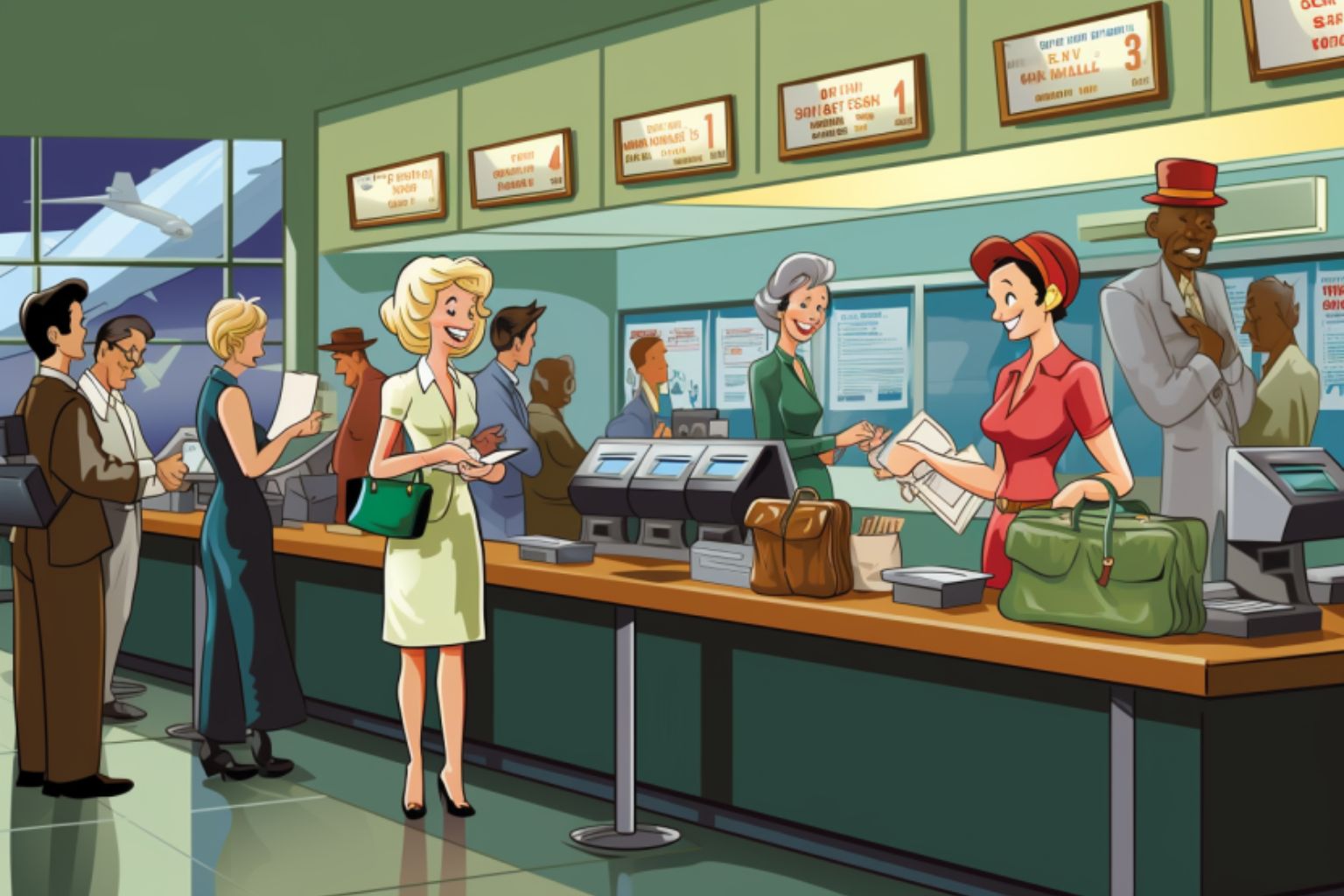It was a weekend that Maryrose Solis would rather forget. On Friday, Aug. 3, she took advantage of a Southwest Airlines fare sale to book a round-trip ticket from Atlanta to San Diego for just $196, about half the regular fare. The discount airline was running a one-day sale to celebrate its 3 millionth Facebook fan.
Solis, who lives in Smyrna, Ga., wanted to visit her sister, who’s expecting a baby, and since she’s between jobs, money is a little tight. The Southwest ticket price met her budget.
But when she checked her credit card account a few hours later, she found more than $5,000 in charges from Southwest. A software hiccup had generated multiple bookings for her, maxing out her credit card. “It was a fiasco,” she says.
Billing glitch ripples across Southwest
Turns out, she wasn’t alone. Thousands of other Southwest customers experienced the same billing glitch, with bargain-hunters being overbilled — in some instances dramatically so — for what they thought would be a fare deal.
In a statement on its Web site, Southwest admitted to “website performance issues” that triggered multiple unwanted reservations. “We realize that some customers were charged more than once for the same reservation and we want to ensure you that we have all hands on deck, actively working to process refunds for any duplicate charges incurred,” the airline promised.
Teresa Laraba, Southwest’s senior vice president for customer services, declined to say what exactly went wrong, describing it only as a “technological issue and challenge.”
“I’m glad to say, our teams worked hard to find and fix it within hours of this problem surfacing,” she told me.
The complex web of online booking glitches
This fare-sale foul-up and its eventual resolution raise several important questions for travelers who book their airline tickets online, particularly during times of peak demand. Chief among them: Is there a way to prevent an airline, or any business, from inadvertently billing your card until you’ve reached your credit limit? The short answer: No.
Under the Fair Credit Billing Act, consumers like Solis are afforded some protection, but it’s an imperfect remedy. Solis has 60 days to report the incorrect billing, and her financial institution is required by law to acknowledge her dispute within 30 days and take action within three months. By then, the overcharge would have wreaked havoc on her finances.
Some payment systems offer additional safeguards. For example, MasterCard has what it calls a “zero liability” policy under which it agrees not to hold customers responsible for unauthorized transactions. “MasterCard provides issuers with the ability to address many cardholder disputes, including the ability to address duplicate billings,” company spokeswoman Robyn Cottelli says.
Banking safeguards fall short in the face of the glitches
Financial institutions also employ fraud-detection systems that might trigger when a website attempts to make repeated reservations. However, banks remain tight-lipped about the factors that could activate such measures, rendering a credit card or debit card unusable. (My card stopped working last month because I committed the unpardonable sin of crossing a state line without first informing my bank.)
None of those safeguards helped Jill Atkinson, who paid $156 with her debit card for a half-price flight from Houston to Kansas City on Aug. 3. But her bank was considerate enough to send her a barrage of text messages, because the balance in her account had dropped below a certain threshold.
“I called Southwest first, and was told there was a three-hour wait just to speak to someone,” she told me. “I waited and waited and never spoke to anyone. So I called the bank. They said I would have to file a fraud claim — which is exactly what this is.”
By the time the dust had settled on her transactions, Southwest had charged her 15 times for the same ticket, for a total of $2,353. (Here’s how to survive a long flight in economy class and avoid jet lag.)
The day after Southwest’s sale, I expected a quiet Saturday. I planned to drive from Chicago to the Wisconsin Dells with my family, with a stopover at the Mustard Festival in Middleton, Wis. But then readers like Atkinson and Solis started calling me, exasperated by having to wait in a long “hold” queue to get their billing errors fixed. I spent the afternoon with a hot dog in one hand and an iPhone in the other, advocating for passengers’ refunds. (Related: Southwest’s Laraba says booking glitch “neither the experience nor the impression we hope to leave with our customers.”
A swift apology
Southwest says that it called in all its available employees, and they began to void each erroneous transaction manually. On behalf of Solis, Atkinson, and several other passengers who had informed me about the problem transactions, I reached out to Southwest, and by Saturday evening, the airline had refunded all their money. By Monday, the airline said, it had found every erroneous booking and was reversing the charges. It also agreed to pay any overdraft fees on debit card purchases and offered affected customers a $150 flight voucher.
But for Solis, it was too little, too late. She rebooked her flight to San Diego on Delta Air Lines, paying $100 more than the original sale price.
“I just didn’t feel confident with Southwest,” she says.




